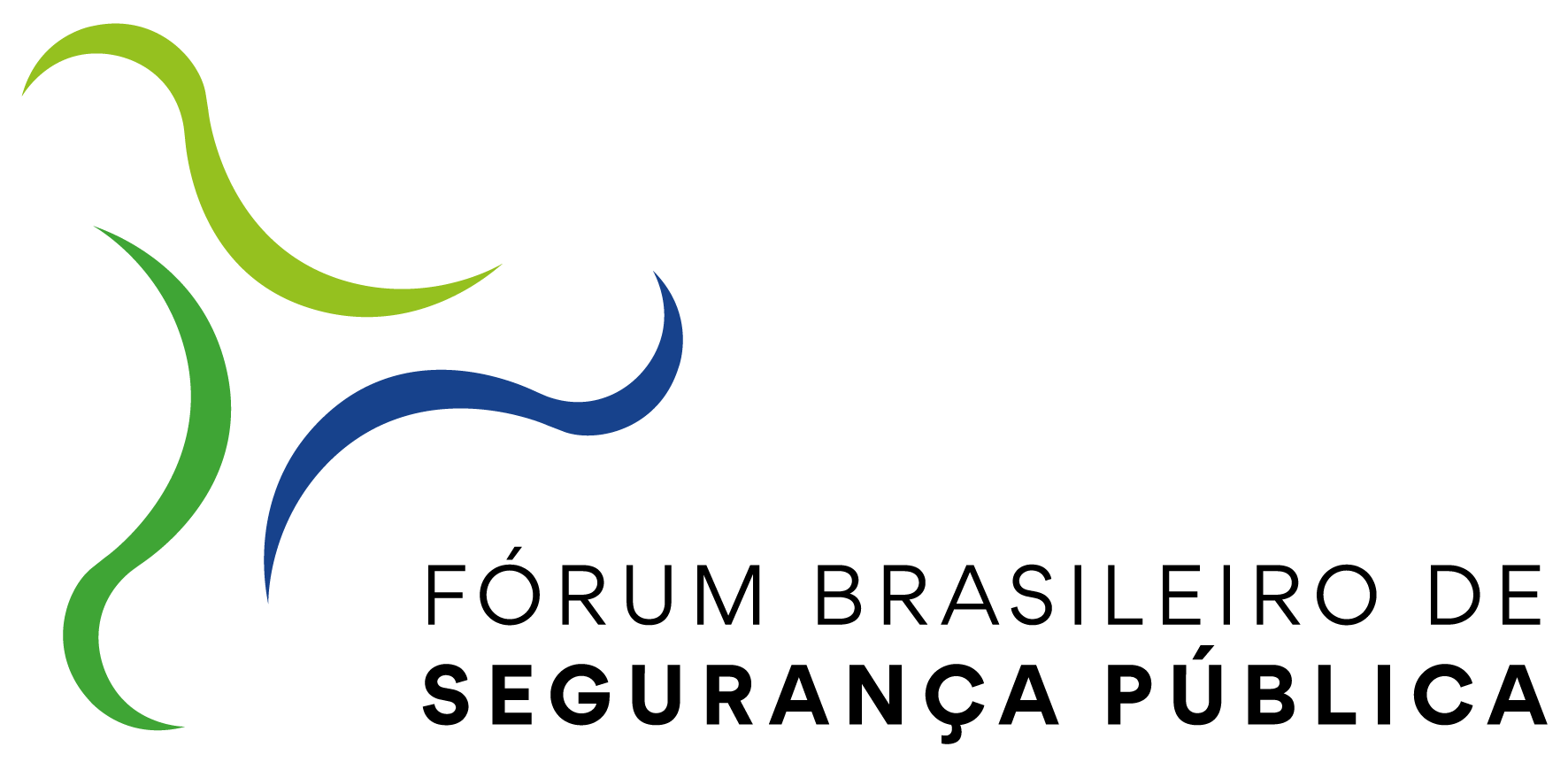Além das técnicas de entrevista: características individuais em entrevista investigativa com testemunhas
DOI:
https://doi.org/10.31060/rbsp.2013.v7.n2.336Keywords:
Características do entrevistador, Testemunha, Atitude do entrevistador, Polícia FederalAbstract
A literatura psicológica sugere que a experiência da testemunha não se resume a um fenômeno mnêmonico, refletindo, também, a influência de forças sociais. No contexto forense a atitude do entrevistador, primeiro ponto de contato com a vítima ou testemunha, é crucial para o processo de obtenção de informação e o provável sucesso da investigação. O presente estudo refere-se ao levantamento de características do entrevistador que se mostram relevantes na obtenção de testemunhos, em quantidade e com acurácia. Pretendeu-se identificar as variáveis individuais, relativas a aspectos de personalidade do entrevistador, que têm efeitos na quantidade e acurácia de informações recordadas pelos entrevistados, de acordo com a percepção de ambos. A amostra de 30 sujeitos constituiu-se de 15 díades, entrevistador-entrevistado.Downloads
References
BROOKS, C. I.; CHURCH, M. A.; FRASER, L. Effects of duration of eye contact on judgments of personality characteristics. Journal of Social Psychology.n. 126, p. 71-78, 2001. DOI: https://doi.org/10.1080/00224545.1986.9713572
BULL, R. et al. Interviewing suspects and witnesses. Criminal Psychology: a beginner’s guide. Oneword Oxford, 2006, p. 53-101.
CLOT, Y.; FAÏTA, D.; FERNANDEZ, G. Entretiens en autoconfrontation croisée: une méthode en clinique de l’activité. Education permanente, n. 146, p. 17-25, 2001.
COLLINS, R.; LINCOLN, R.; FRANK, M. The need for rapport in police interviews. Humanities & Social Sciences paper. 2005.
COLLINS, R.; LINCOLN, R.; FRANK, M. The effect of rapport in forensic interviewing. Humanities & Social Sciences papers.2002. DOI: https://doi.org/10.1375/132187102760196916
GEISELMAN, R .E.; FISHER, R. P. The cognitive interview technique for victims and witness of crime. In: RASKIN, D. C. (Ed.). Psychological methods in criminal investigation and evidence. New York: Springer, 1989.
GRABOSKY, P. N. Efficiency and effectiveness in Australian policing. In: WILSON, P. R. (Ed.). Issues in crime, morality and justice. Canberra: Australian Institute of Criminology, 1992, p. 40-41.
GRANHAG, P. A.; JONSSON, AC.; ALWOOD, C. M. The cognitive interview and its effect on witnesses’ confidence. Psychology, Crime and Law, v. 10, n. 1, p. 37-52, 2004. DOI: https://doi.org/10.1080/1068316021000030577
KEBBELL, M.; MILNE, R. Police officers perceptions of eyewitness factors in forensic investigations. Journal of Social Psychology,n. 138, p. 323-330, 1998. DOI: https://doi.org/10.1080/00224549809600384
KLEINKE, C. Gaze and eye contact: a research review. Psychology Bulletin, n. 100, p. 78-100, 1986. DOI: https://doi.org/10.1037//0033-2909.100.1.78
MCGROARTY, A.; BAXTER, J. S. Interviewer behavior, interviewee selfesteem and response change in simulated forensic interviews. Personality and Individual Differences, n.47,p. 642-646, 2009. DOI: https://doi.org/10.1016/j.paid.2009.05.024
MEMON, A. .Interviewing witnesses: the cognitive interview. Handbook of the Psychology of Interviewing. 1999.
MEMON, A.; STEVENAGE, S. V. Interviewing witnesses: what works and what doesn’t? Psychology, v.7, n. 6, 1996.
MILNE, R.; BULL, R. Interviewing by the police. Handbook of Psychology in Legal Contexts. 2 ed. Chichester: Wiley, 2005.
MILNE, R.; BULL, R. Interviewing victims of crime, including children and people with intellectual disabilities. In. KEBBELL, M. R.; DAVIES, G. (Eds.). Practical psychology for forensic investigations and prosecutions. Chichester: Wiley, 2006. DOI: https://doi.org/10.1002/9780470713389.ch1
MINICHIELLO, V.; ARONI, R.; TIMEWELL, E.; ALEXANDER, L. In-Depth interviewing: researching people. Melbourne: Longman Cheshire, 1990.
PERGHER, G., K.; STEIN, L. M. Entrevista cognitiva e terapia cognitivo comportamental: do âmbito forense à clinica. Revista Brasileira de Terapias Cognitivas, n. 1, 2005.
SCHOLLUM, M. Investigative interviewing: the literature. New Zealand Police, 2005.
STEBLAY, N. K.; LOFTUS, E. F. Eyewitness memory and the legal system. In: SHAFIR, E. (Ed.).The Behavioral Foundations of Policy. Princeton University Press; Russell Sage Foundation, 2008.
VAN KOPPEN, P. J.; LOCHUN, S. K. Portraying perpetrators: thevalidy of offender descriptions by witnesses. Law and Human Behavior, n. 21, p. 661-668, 1997. DOI: https://doi.org/10.1023/A:1024812831576
WELL, G. L.; MEMON, A.; PENROD, S. D. Eyewitness evidence: improving its probative value. Psychology Science in the Public Interest, v. 7, n. 2, 2006. DOI: https://doi.org/10.1111/j.1529-1006.2006.00027.x
ZULAWSKY, D. E.; WICKLANDER, D. E. Practical aspects of interview and interrogation. New York: Elsevier, 1993.
Downloads
Published
How to Cite
Issue
Section
License
Copyright (c) 2014 Revista Brasileira de Segurança Pública

This work is licensed under a Creative Commons Attribution 4.0 International License.
Licensing
The Brazilian Journal of Public Security uses the Creative Commons License as a form of licensing for its published works. The license used follows the CC BY 4.0 - Attribution 4.0 International model.
To see the permitted rights please go to the full licence or to our Copyright and Licensing page.



